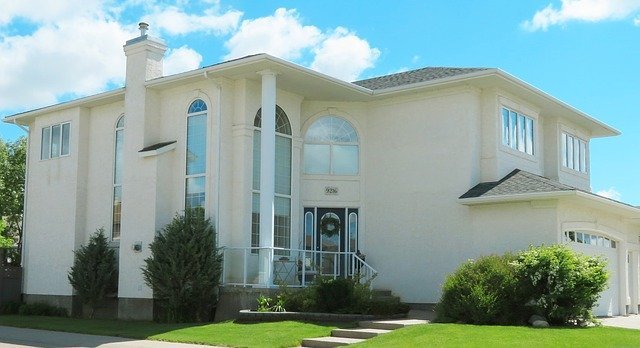
Buying a new home or business can create much stress among the excitement. If you don’t know what you’re doing, you could make mistakes that have long-term consequences. Use the valuable tips and suggestions below to keep you from making these mistakes.
If you are interested in purchasing commercial property that costs a lot, locate an trustworthy investment partner to do business with. This makes the loan qualification process much easier when you go to purchase the property. A business partner could be useful for both a contribution to the down payment, plus additional help in getting a commercial loan approved.
When negotiating with a seller, make a reasonable offer. Many people get too aggressive so that they can get a great deal, and they end up overdoing it and losing it. Stand firm in the things you desire, but also allow your lawyer and Realtor to do most of the negotiating, as that is what they are trained to do.
Request a checklist from your Realtor to put yourself in the best position before buying. A good Realtor will be able to give you a list that covers the different steps of a transaction, from finding a home to getting approved for your mortgage. Use this checklist as a guide to make sure you take care of everything you need to do.
Look into a new neighborhood when you are thinking about relocating. You will be able to find a lot of information, even about small towns. To make certain you will have a good future in the town you are considering, be sure to do a little research on such subjects as average salaries, unemployment rates and population growth.
Make sure that you have a little bit of extra money put away in case any unexpected costs pop up when you’re buying a home. The closing costs are usually calculated by adding the prorated taxes, bank points and down payment. Most of the time, closing costs also include improvement bonds, school taxes and other considerations.
If a seller doesn’t accept your offer on the home, don’t be surprised if they still manage to make the home affordable for you. They might offer to cover closing costs or necessary repairs prior to you moving in.
It is of utmost importance to have a good understanding of mortgage loan terms when buying a home. The important things you need to know are how the loan term affects your monthly payment and the amount of interest you will have to pay throughout the loan period.
You have to have a thorough understanding of the terms of your mortgage whenever you are purchasing a home. This can help you to save a lot of money in the long run and will provide a clear picture of what you will pay in the future.
You can request that the seller help out with closing costs or sweeten the deal with other financial incentives when you make your offer on the house you have in mind. One common practice is to request that the seller “buy down” interest rates for one or two years. Some sellers may be more willing to negotiate on these types of incentives instead of their selling price.
When you make an offer on a home, consider asking the seller to contribute toward the closing costs or give you some other type of financial incentive. Many buyers try to get the other party to “buy down” their rate of interest for a short period of time. However, be aware that a seller is usually less inclined to reduce the selling price if financial incentives are included in the offer.
When deciding on an agent, it is important to have a list of questions already planned out. You should ask questions such as how many homes they sell and whether they are homes that are located in the area you are interested in buying. A reputable agent will be ready to respond to all of your questions thoroughly and professionally.
Keep these tips in mind and you’ll have a big advantage as you look for properties. Follow them to learn more about how to get the most for your money. Buy with the confidence that you know what you are doing.
Always hire an inspector to look at any property that you want to purchase. A home inspector will look over every part of the property to ensure that you are not buying a house with serious issues that are unseen. Not only do surprise renovations cost you money you don’t want to spend, if they’re really serious, you might have to find another place to live while the work is being done.
